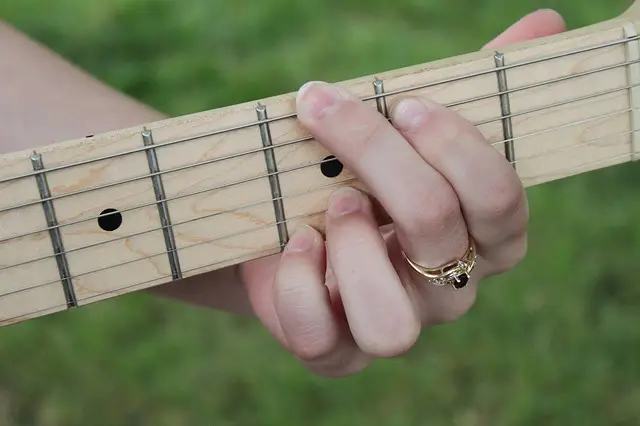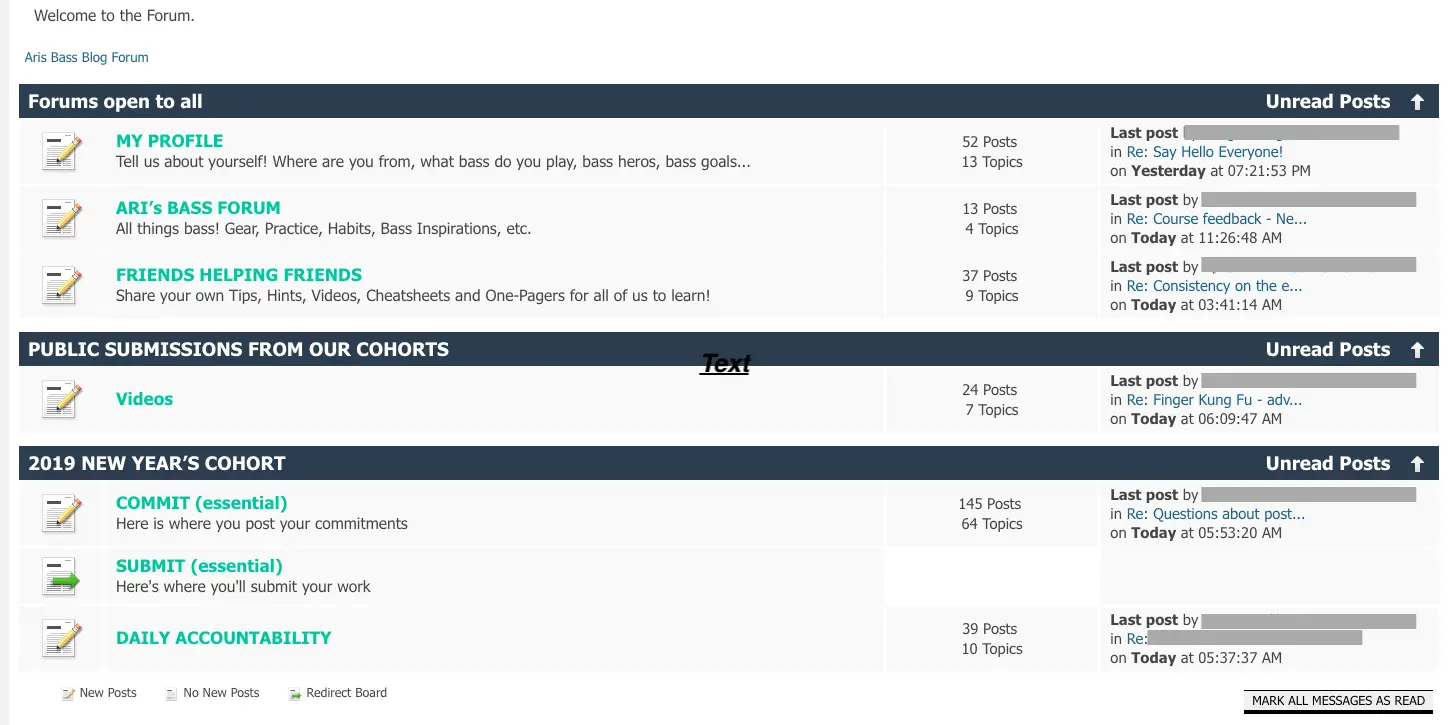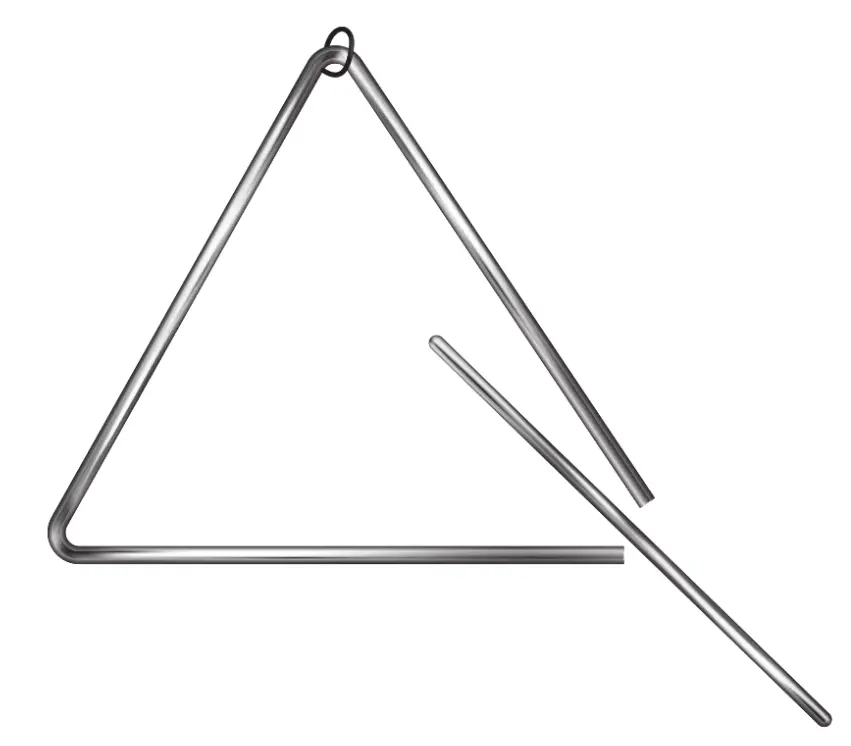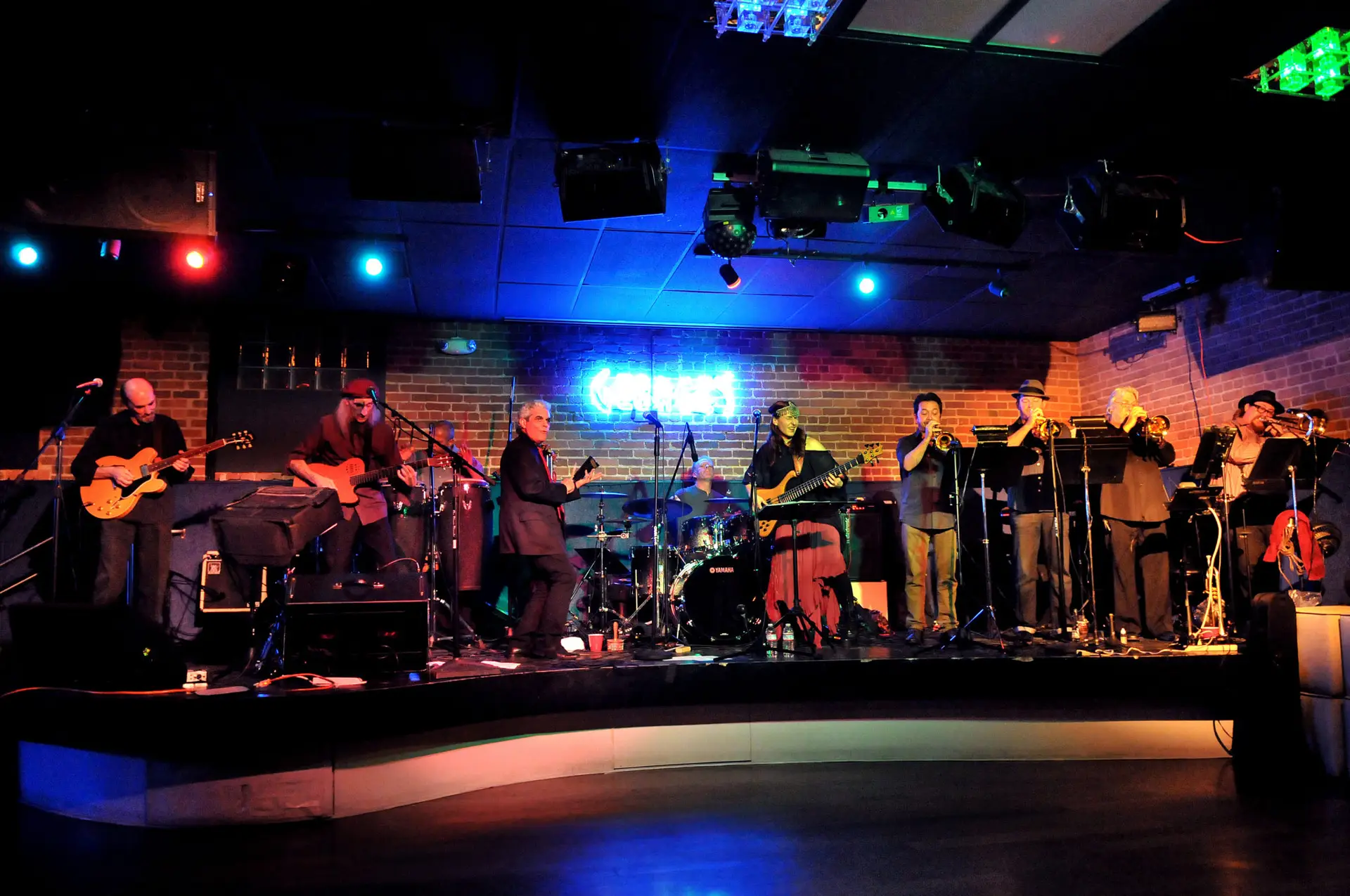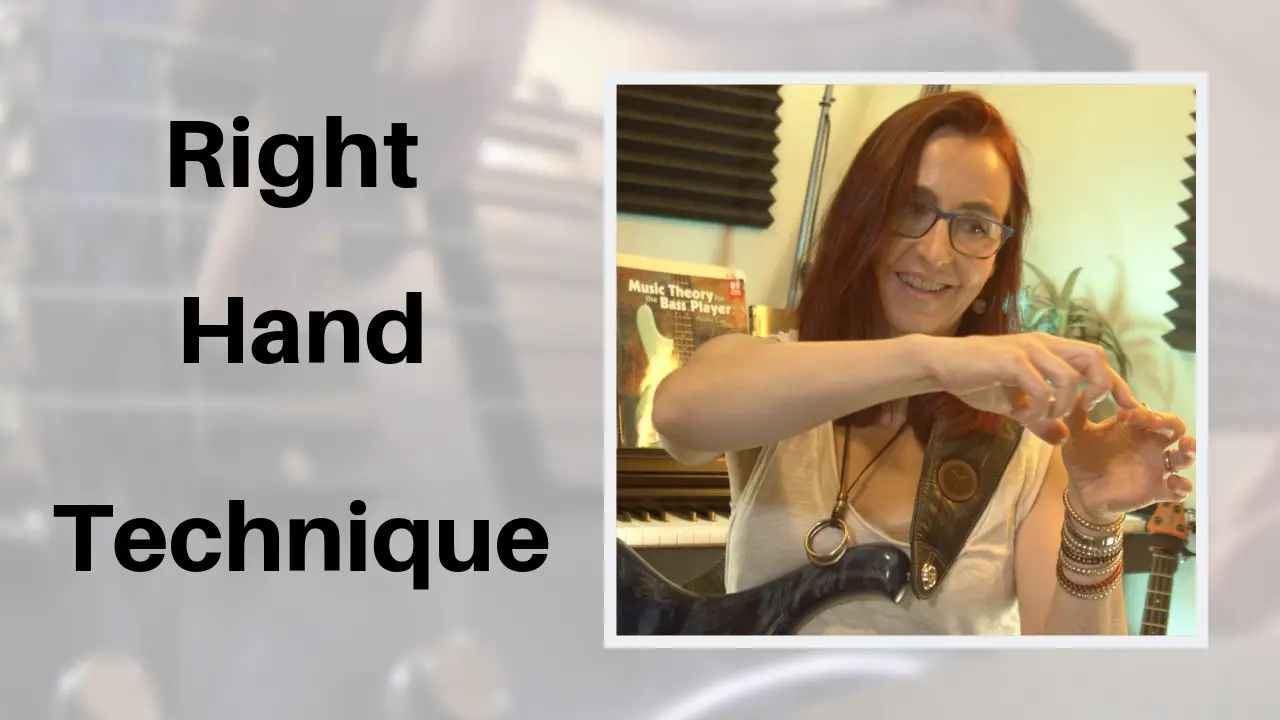When I hear a great song I feel compelled to “decode” it
What makes it sound cool? What’s up with these chords and why are other names for chords interesting? What are the effects of these chords? How can I emulate this and make it my own? Are there other names for these chords and why would that be important or interesting?
For me, that is the most exciting reason to study music theory because theory codifies these questions into patterns, rules, and predictable, reproducible sounds. Not always, mind you, because context – as my Ear Training Students will tell you – can mess with any rule.
Yet, in lots of cases these rules and repetitive structures have quite predictable effects and hence entire chord progressions turn into tools in your tool kit; entire scales and modes, extensions and substitutions turn into colors in your palette! That’s why I want to know!
So when a Quoran asked:
What are other names for I, II, III, V, VI, IV, and VII chords in music?
I recognized it as a fair question as there certainly are other names for these chords. However, I prefer to focus on the emotional impact that these chord progressions offer the listener.
Just the names…. meh. That might get you to ace some basic music test. But there is so much more to it than that!
Most answers previous to mine in Quora focused on just the names or explained them in terms of the modes (a pet peeve of mine – do not mix up modal music with a functional harmony context!). Worse yet, there were quite a few just flat-out errors. I always feel so bad when I see that, because it shines the light in all the wrong places and leads people down the wrong paths.
So I attempted a concise answer to the question and to illuminate WHY knowing about other names for chords can in fact directly improve your musicianship. I included a cool tip to put all this theory to work in a song!
Check it out in Quora:
Related posts:
What key is this piece of music in?
Tonic Subdominant Dominant – Why you need to know
Functional Harmony versus Modal Harmony (scroll down to watch the short video)

